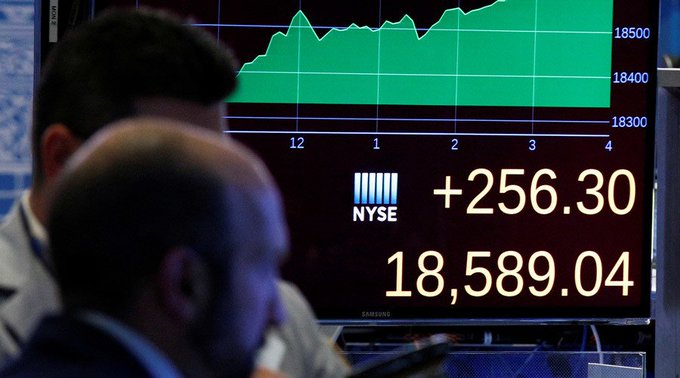‘US election showed split in the white community’
Why have the ongoing anti-Trump protests turned violent in some places across the US, and what is a possible further scenario for the events? RT discussed with historian and author Gerald Horne.
Protests – some of which turned violent – are continuing across the US following Republican Donald Trump's surprise victory in the presidential elections on November 8. For the fourth night in a row, demonstrators chanting anti-Trump slogans have been occupying streets in many US cities to voice their anger over the presidential race’s result.
In Portland, Oregon, a man was injured in a shooting early on Saturday at a rally against the president-elect. Earlier, police used tear gas and flashbang grenades try to to disperse the crowd after hundreds of protesters marched through the city, disrupting traffic and spray-painting graffiti, according to AP.
About 150 anti-Trump protesters were arrested in downtown Los Angeles early on Saturday after they refused the police order to disperse.
Meanwhile, more demonstrations are expected over the weekend, with more than 10,000 people planning to take part in a Saturday march from New York’s Union Square to Trump Tower.
RT asked historian and author Gerald Horne why protests have become violent in some places across the US, and whether it could be connected to an increased presence of police.
“It’s fair to say that a disproportionate percentage of the police supported Donald Trump. I’m sure it gives them a unique pleasure to rough up and manhandle anti-Trump protesters,” he said.
In Horne’s opinion, the election was not really fair.
“I think that part of the lesson of this election is that voter suppression works. That is to say, Trump did very well in Wisconsin and the Midwest. They have enacted this measure concerning voter ID that helped to drive down the turnout of black voters in Milwaukee in particular. If you look across the country, you’ll see that in black precincts in particular the lines were longer, the voting machines do not tend to work – and that is a form of voter suppression, particularly since black voters generally speaking do not tend to vote in favor of the Republican Party,” he told RT.
Tuesday’s vote indicated a split in the white community, Horne said.
“That is to say that the white elite has mastered the art of counter-revolution abroad and has profited handsomely from it. Now you see the white masses wanting to enact and execute counter-revolution at home,” he explained. “But this is quite upsetting to the white elite, and therefore you see these protests, and therefore you see this friction that will not end any time soon.”
It is difficult to predict whether the ongoing rallies will make any difference or people will eventually accept their new president, Horne said.
Prison stocks soar, gun stocks lower following Trump winon.rt.com/7ujk
“One of the most stunning aspects of the post-election scenario is the fact that the stock of the Corrections Corporation of America – which builds private prisons and is expected to build more so-called immigration detention centers – is going through the roof. I think that what the investors are telling us is they expect the Trump administration to imprison more people, and particularly to detain more immigrants, as the move to execute the number one priority of this administration, which is mass deportations. If that takes place – that is to say more imprisonment and more mass deportations – it is likely the protests will stop, because immigrants and anti-Trump protesters will be the main people incarcerated and therefore their protest will be extinguished,” he added.
The statements, views and opinions expressed in this column are solely those of the author and do not necessarily represent those of RT.
https://www.rt.com/op-edge/366659-protests-split-white-us-elections/




0 Comments:
Post a Comment
Subscribe to Post Comments [Atom]
<< Home